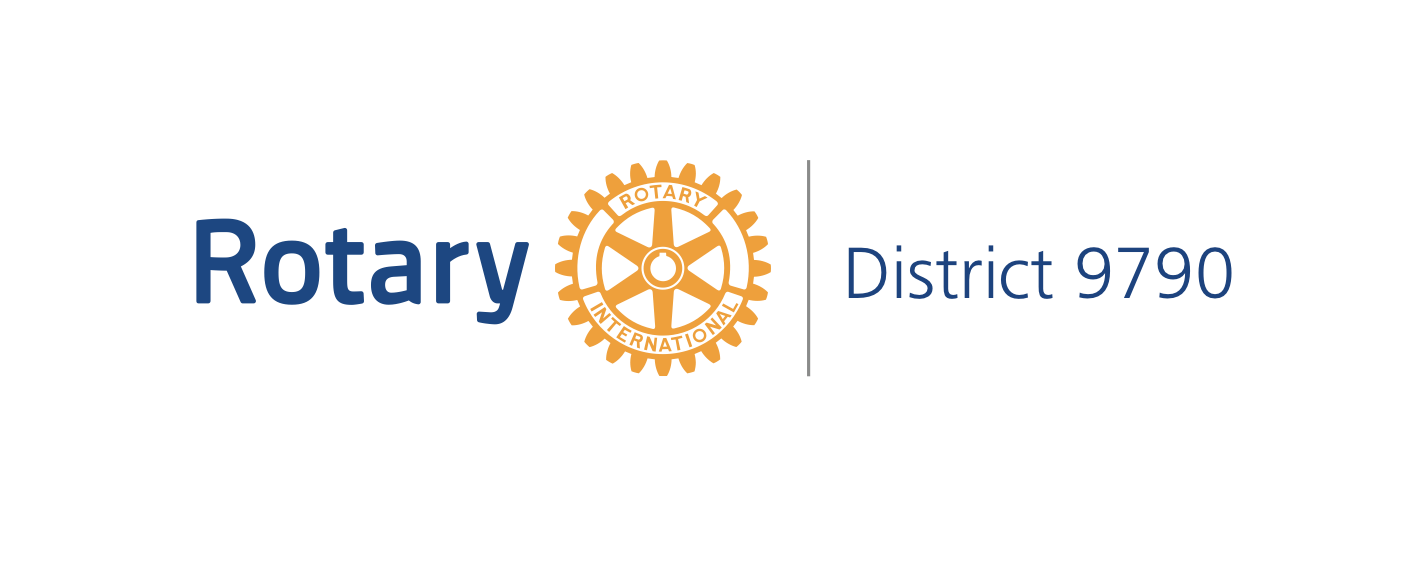Working Towards the Mental Health for Our Returned Service Personnel .png)
.png)
What if the secret to moving past trauma could be unlocked through analysing and re-scripting our dreams?
New research funded by Australian Rotary Health, Rotary District 9790, and some RSL Clubs in Victoria will investigate neurological, psychological, and phenomenological differences between Post Traumatic Stress Disorder (PTSD) nightmare sufferers and adaptive dreamers (those who experience a dream of a traumatic event).
The study is being conducted by PhD Candidate Fiona Henrich over the next three years at Swinburne University (Victoria). Her exposure to clients with PTSD in her professional work as a clinician and passion and interest in the psychoanalytic theories of influential Swiss Psychiatrist Carl Jung, collectively swayed her in this direction.
“Despite decades of research on dreaming, very little is known about the salient characteristics that distinguish a Post Traumatic nightmare from an adaptive dream of the traumatic event,” Fiona said.
“There is an essential need for this empirical research in order to develop further understanding of the aetiology of Post Traumatic Stress Disorder.”
The research will be broken up into three studies. The first study will investigate the psychological and physiological correlates of hyper-arousal of dreams of a traumatic event. This will then be compared between two experimental groups – people who experience nightmares after a traumatic event and people who experience adaptive dreams of a traumatic event.
In study two, dream content and quality will be measured in three experimental groups including those with a diagnosis of PTSD, participants assessed as not meeting criteria for PTSD diagnosis, and control participants who report non-trauma related dreams.
Lastly, the third study will explore changes in dreams that reflect adaptation to trauma over time. The sample will comprise PTSD diagnosed combat veterans who reside in Victoria.
Combat Veteran participants with a diagnosis of PTSD will be recruited from Heidelberg Austin Health Repatriation, Phoenix Institute, which is a working partnership with The University of Melbourne and the Australian Military Forces.
PTSD Participants are being investigated through the following steps:
1) Psychometric Assessment and Clinical Interview to establish diagnosis of PTSD and that they have had nightmares in the past two years of a traumatic event.
2) The Aims of contrasting these results with Adaptive Dreamers and Controls (non-dreamers) is to analyse the Dream Content of nightmares and adaptive dreams to understand the neuroscientific, psychological, and phenomenological differences between these experimental groups. Dream Content will be quantified, a process that only one other Researcher and Psychiatrist (Dr Ernest Hartmann) has completed with statistically significant results.
3) It is expected that participants with PTSD will show less adaptation to the Traumatic Event than Adaptive Dreamers. It is also expected that the participants will remember the Dream or nightmare
Fiona believes her research could have important implications to future therapeutic interventions for PTSD, as well as provide an opportunity to facilitate Post Traumatic Growth for the many disadvantaged, marginalised and traumatised people, including Combat Veterans and Indigenous races.
“Possible implications of the proposed research are that thematic dream content of a traumatic event assists with problem solving, emotion regulation, meaning making and threat simulation that potentially affords adaptation to the traumatic event,”
“It is proposed that these adaptive, unconscious processes may actually prevent development of PTSD in normally functioning participants.”
Fiona has been working as a Clinical Psychologist since 2013, where she has provided psychological treatment to clients across the lifespan. Her specialisations include treating people with complex PTSD and trauma, Borderline Personality Disorders, and treatment resistant Bipolar Disorder using a range of evidence-based approaches.
Fiona has since made the difficult decision to cut back on her work as a full time Clinical Psychologist, to dedicate her time and energy to her studies. Each day she spends 4 hours reading relevant research and literature reviews of empirical studies, and then another 4 hours focussing on the structure and content of her PhD.
“Currently the majority of the world population have experienced some kind of traumatic event in their lifetime, and two thirds of the population are medicated with anti-depressants.”
“This indicates that to a significant degree, our society is sick and in need of healing. One of my life goals is to facilitate change for those disadvantaged and dysfunctional due to PTSD.”
This PTSD research scholarship is supported by Rotary District 9790, RSL clubs in Victoria, and Australian Rotary Health. Past ARH Chairman Terry Grant of D9790 said there is much enthusiasm to get other RSL clubs and Rotary Districts across Australia on board.
“It would be great to see a researcher dedicated to each Rotary District and RSL Region as an on-going program,” Terry said.
So far more than $47,743 has been contributed by District 9790 and RSL clubs for research into PTSD, which was raised through a variety of activities including the Rotary 9790/RSL motorbike ride through North West Victoria, a fundraising concert at Shepparton RSL, Ride to Conference 9790 and Lift the Lid.
Fiona said she is very humbled by this award of the scholarship.
“With open, heartfelt gratitude I wish to extend my appreciation for endorsing this important research,” she said.
In the future, Fiona hopes to share her insights in a book, so that all may have access to the knowledge gained from this important research.

